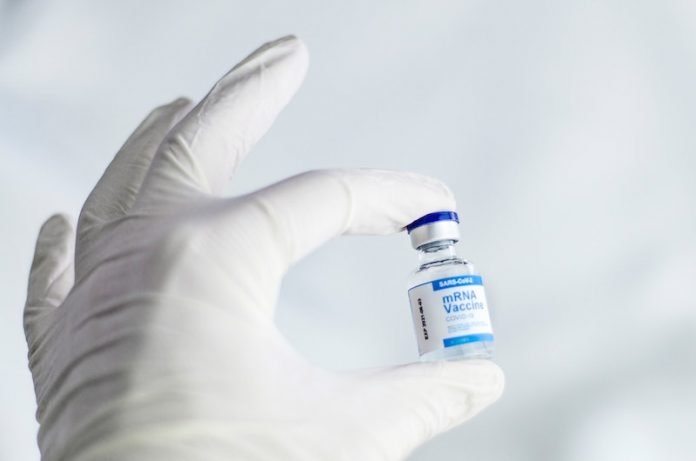
In a new study from he Penn Institute of Immunology, researchers found that people who have recovered from COVID-19 had a robust antibody response after the first mRNA vaccine dose, but little immune benefit after the second dose.
The finding suggests only a single vaccine dose may be needed to produce a sufficient antibody response.
The team found that those who did not have COVID-19—called COVID naïve—did not have a full immune response until after receiving their second vaccine dose, reinforcing the importance of completing the two recommended doses for achieving strong levels of immunity.
The human immune response to vaccines and infections result in two major outcomes—the production of antibodies that provide rapid immunity and the creation of memory B cells, which assist in long-term immunity.
This study represents one of the first to uncover how memory B cell responses differ after vaccination in people who previously experienced infection, compared to those who have not have COVID-19.
In the study, the team recruited 44 healthy individuals who received either the BioNTech/Pfizer or Moderna mRNA COVID-19 vaccine. Among them, 11 had a prior COVID-19 infection.
The team found key differences in vaccine immune responses in COVID naïve versus COVID-19 recovered individuals.
The findings suggest that only a single vaccine dose in individuals recovered from COVID-19 may be enough to induce a maximal immune response, based on both strong antibody and memory B cell responses.
This is likely due to a primary immune response because of their natural infection.
In contrast, it took two vaccine doses to demonstrate considerable antibody and memory B cell responses for those who did not have COVID-19, underlying the importance of the two-dose mRNA vaccine schedule to achieve optimal levels of immunity.
The researchers also examined vaccine-induced side effects in relation to immune responses.
They found that those who experienced systemic side effects after receiving a vaccine dose—such as fever, chills, headache, and fatigue—had stronger post-vaccination serum antibodies, but not memory B cells.
Although more data is needed and all subjects developed robust immunity, it is possible that inflammation and side effects early after vaccination could signal stronger immune reactions.
The study is published in Science Immunology. One author of the study is E. John Wherry, Ph.D.
Copyright © 2021 Knowridge Science Report. All rights reserved.



